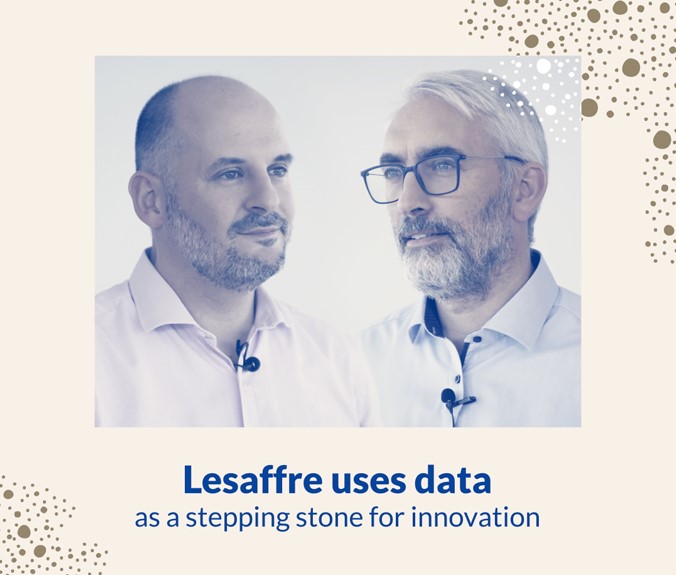Microorganisms have been used for thousands of years in the production of bread and beer and lacto-fermentation, so their presence in human food is by no means a new concept. There is however considerable progress taking place in this field today. “A number of projects focusing on the health of humans, animals and plants are being developed to build on this potential. The recent fields of research include the use of soil nutrients, but also the use of biofuels in energy production. How microorganisms can influence mood and well-being is another major and promising area of research. And there are other applications, like microbial remediation, which address critical issues”, explains Peter Quiguer.
Lesaffre is aware of how important digital technologies can be in the development of these applications, which is why it is encouraging a data-driven approach across the company. “There is so much information coming from our R&D department or our industrial sites, where connected objects are producing large amounts of data specific to our production lines and facilities. We also collect data on purchases, customers and their profile, and on our marketing ecosystem. Our aim is to develop a data collection and use policy in such a way that it supports and contributes to Lesaffre’s business objectives”, explains Mathieu Clément-Ziza, Head of Data Science and Bioinformatics at Lesaffre. This means using the technological infrastructure required for organising and processing data, and the necessary competence.
There are different cases that show the benefits of using data. For example, data can be used in the context of industrial projects to reduce the environmental footprint of production, or to speed up innovation initiatives: “a data-driven approach can, for instance, give us the opportunity to use not a few but thousands of strains. Another reason is how fast we can translate laboratory data into new products”, points out Peter Quiguer. “This way, we are also able to select specifically what we need from the millions of existing microorganisms, and establish a base for a future product”, adds Mathieu Clément-Ziza. This can help us at the same time to gain a deeper understanding of our customer profiles, in an effort to offer them new services. Lesaffre is adopting this approach today in order to anticipate the life cycle of packaged and stored products. These developments, which also included the launch of a recruitment campaign for data specialist positions at the start of 2021, were implemented by the company to develop the best strategy in line with future challenges.


